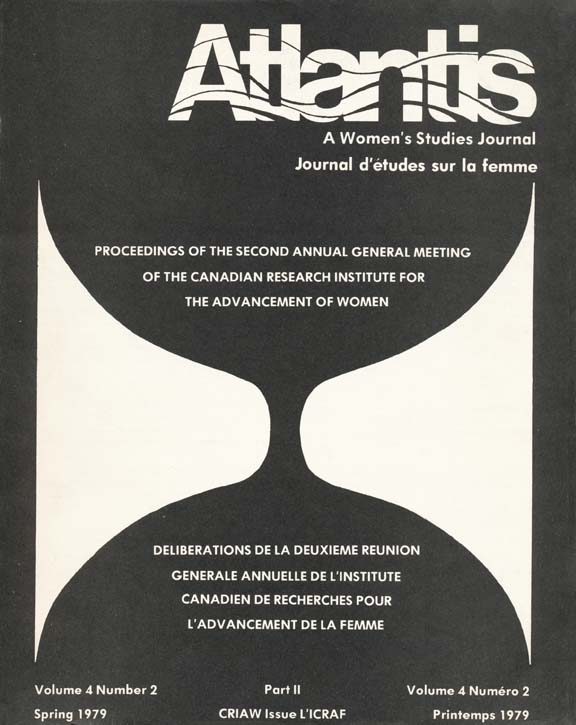Risques médicamenteux chez la femme enceinte
Abstract
The purpose of this paper is to inform and to sensitize women of child bearing age about the risks and potential hazards during a particularly sensitive phase of life, i.e. pregnancy with therapeutic drugs and other xenobiotics. Several situations may occur for the pregnant woman: (a) drug treatment which is justified and essential for conditions during pregnancy; (b) the sometimes dangerous self-medication and over consumption of "candy" drugs; (c] prolonged exposure to potentially toxic agents in the environment (nutrition and life environment) and, (d) problems related to abuse of addictive drugs and to some harmful habits such as alcohol, abuse, tobacco smoking and overconsumption of caffeine-containing beverages. Biological consequences of these xenobiotics must be examined not only in the woman (future or actual mother] but also in the child in relation to possible short and long-term effects (maldevelopment, malfunctioning and maladaptation). Women who are pregnant or expecting to become pregnant must inform themselves about the risks of therapeutic drugs and other xenobiotics and must accept responsibility for the future of their baby which depends on them.Downloads
Published
Issue
Section
License
Authors who publish with this journal agree to the following terms:
1. Authors retain copyright and grant the journal right of first publication, with the work simultaneously licensed under a Creative Commons Attribution 4.0 International License that allows others to share the work with an acknowledgement of the work's authorship and initial publication in this journal.
2. Authors are aware that articles published in Atlantis are indexed and made available through various scholarly and professional search tools, including but not limited to Erudit.
3. Authors are able to enter into separate, additional contractual arrangements for the non-exclusive distribution of the journal's published version of the work (e.g., post it to an institutional repository or publish it in a book), with an acknowledgement of its initial publication in this journal.
4. Authors are permitted and encouraged to preprint their work, that is, post their work online (e.g., in institutional repositories or on their website) prior to and during the submission process. This can lead to productive exchanges, as well as earlier and greater citation of published work. Read more on preprints here.







